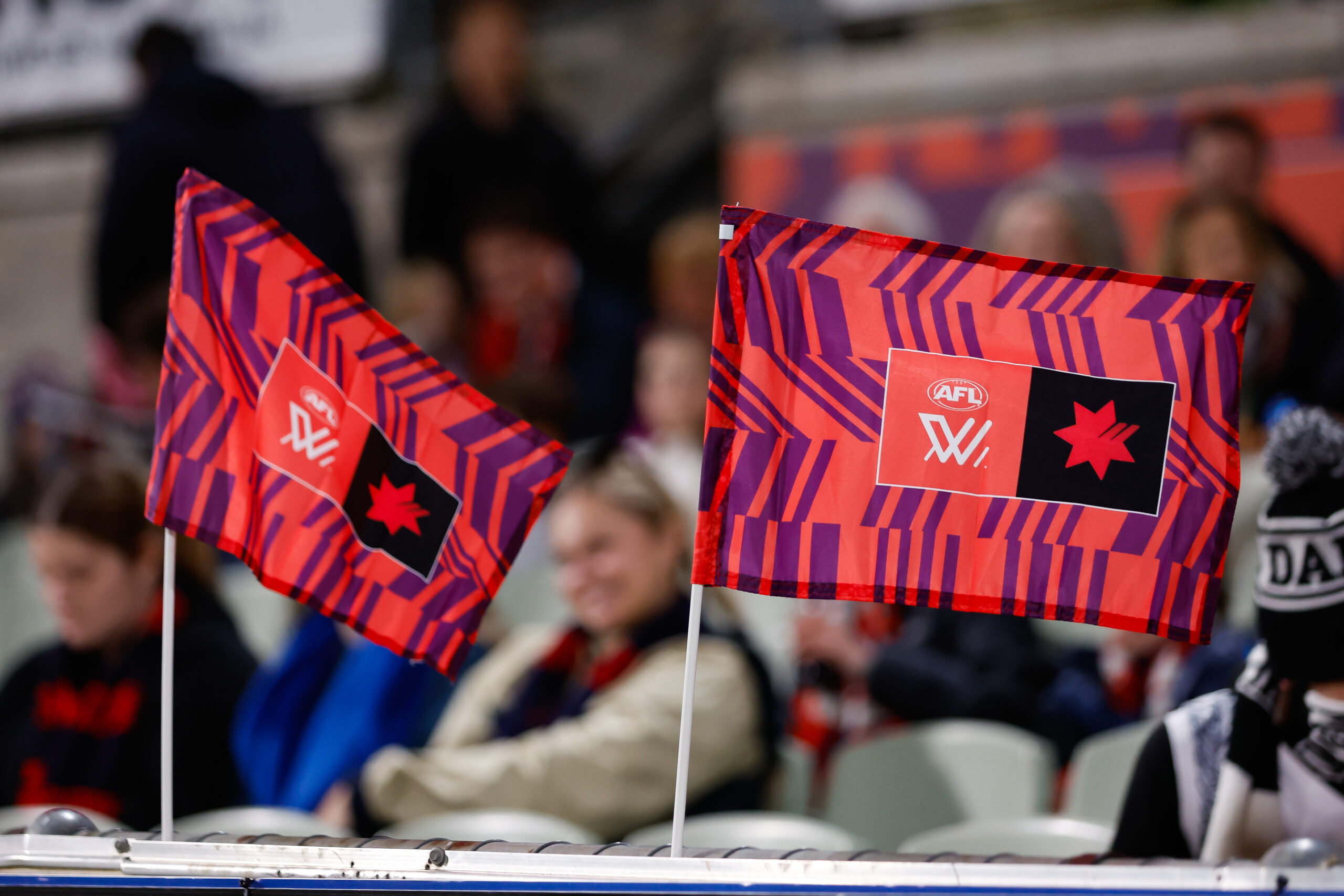A recent AFLUA survey completed by fifty-eight AFLW umpires has provided some key insights into how the AFLW umpiring cohort experienced season 9. The survey, conducted in November 2023 indicates that umpiring in the AFLW was largely a positive experience, but there were some cautionary findings.
Eighty-four percent of respondents said they felt their umpiring work was meaningful, with 72% indicating that being an AFLW umpire gives them a sense of accomplishment and pride.
Further, 91% of those surveyed said they felt a sense of belonging as an AFLW umpire, with the same number feeling pleased with the culture of the AFLW.
Whilst umpiring can be a stressful and demanding job, encouragingly, 94% agreed or strongly agreed that the AFLW is a safe work environment.
The AFLUA was also awarded high marks. 90% of respondents were happy with the communications they received from the association, and they voted the negotiation of pay and conditions for AFLW umpires to be the most valuable service provided by the association.
Whilst the survey highlighted the positive sentiment among umpires, it also revealed some of the key issues facing the AFLW.
The length of the AFLW season, long a point of contention for the AFLW players, also emerges as an issue for Umpires. The timing and brevity of the season seems to be contributing to the fact that only 17% of umpires considered the AFLW their priority compared to their state league competition, despite 74% being pleased with the career development opportunities offered by the AFLW programme.
Currently, the AFLW season extends the umpire’s commitment to ten months of the year. This generates the feeling that there is “no chance for our body and mind to switch off.” Perhaps unsurprisingly, this “vicious cycle of footy 24/7” saw 63% of respondents indicate that they experienced burnout at least some of the time throughout the season.
There is strong support amongst the umpiring cohort (84%) for the expansion of the competition. In the event of an expanded competition, there was more support for starting earlier (36%) or running in parallel with the AFL season (34%), than there was for the same start time with a later finish (18%). It was expressed that umpires want greater consultation “in the discussion around competition expansion” and “where the AFLW sits and will continue to sit in the development pathway to the AFL.”
The ‘free response’ section of the survey provided some interesting insights from the oft-unreported umpires’ perspective.
Parallel to the perennial debate that haunts the Charles Brownlow medal, one umpire suggested “access to stats to help select the best and fairest votes” in the AFLW, with it being pointed out that the quick transition from one competition to another made it hard for umpires to familiarise them with AFLW players.
Another suggestion was that AFLW players be better educated on their surroundings and the risk of running near umpires, especially at stoppages. Similar to the AFL there was a number of incidences of players making contact with umpires at stoppages.
Encouragingly, the AFLW is clearly an enjoyable and safe work environment for the majority of umpires. However, after just eight seasons, there are still several kinks to be ironed out. Specifically, the timing of the season, more face-to-face contact with coaches, and adequate breaks between seasons were areas of concern expressed by umpires.
The AFLUA would like to thank the fifty-eight umpires who provided responses to the survey. Their feedback is invaluable and helps guide the future negotiations the AFLUA has with the AFL on their behalf.
By Jackson Kerr

